

Copyright 2001 by Elaine Magee
All rights reserved under the Pan-American and International Copyright Conventions. This book may not be reproduced, in whole or in part, in any form or by any means electronic or mechanical, including photocopying, recording, or by any information storage and retrieval system now known or hereafter invented, without written permission from the publisher, The Career Press.
TELL ME WHAT TO EAT TO HELP PREVENT COLON CANCER
Edited by Robert M. Brink
Typeset by John J. O'Sullivan
Cover design by Lu Rossman
Printed in the U.S.A. by Book-mart Press
To order this title, please call toll-free 1-800-CAREER-1 (NJ and Canada: 201-848-0310) to order using VISA or MasterCard, or for further information on books from Career Press.

The Career Press, Inc., 3 Tice Road, PO Box 687,
Franklin Lakes, NJ 07417
www.newpagebooks.com
www.careerpress.com
Library of Congress Cataloging-in-Publication Data
Magee, Elaine.
Tell me what to eat to prevent colon cancer : nutrition you can Live with / by Elaine Magee.
p.cm. (Tell me what to eat)
Includes index.
ISBN 1- 56414-514 X (pbk.)
1. Colon (Anatomy)CancerPreventionPopular works. 2. Colon (Anatomy)CancerDiet therapyPopular works. I. Title. II. Series.
RC280.C6 M325 2001
616.99'434705dc21
00-046539
www.redwheelweiser.com
www.redwheelweiser.com/newsletter

Contents
Chapter 1:
Everything You Ever Wanted to Ask Your Doctor About Colon Cancer
Chapter 2:
The Diet and Colon Cancer Connection
Chapter 3:
Everything You Ever Wanted to Ask Your Dietitian About Colon Cancer
Chapter 4:
10 Food Steps to Freedom
Chapter 5:
Focus on Health...Not Pounds
Chapter 6:
Recipes You Cannot Live Without
Chapter 7:
Navigating the Supermarket
Chapter 8:
Restaurant Rules

Introduction
I 'm turning 39 in a month and let me tell you, after researching and writing this book, I'm volunteering for a colonoscopy by my 40th birthday. I'm going to have one done at 50, 60, and hopefully, I'll be around to have it repeated at 70 too. It's about a two-day time investment and from what I've heard, the day before the procedure is the worst. The day is apparently split between drinking a horrible tasting solution and running to the bathroom. According to my experienced friends, it's all down hill from there.
After this two-day ordeal you are well screened for colon cancer, any polyps found have been removed, and the procedure is good for 10 years. I don't know about you, but I feel this is one of the best medical deals going. If there were something similar for ovarian cancer I'd be signing up for that too.
Here's why you should care...
- Colon cancer is the second deadliest cancer in the United States.
- The American Cancer Society estimates there are over 130,000 new cases of colorectal cancer each year, with about 55,000 deaths from it each year.
- If you don't smoke, and your breast or prostate stay cancer-free, the biggest cancer risks are your colon and rectum.
The good news
Nine of 10 deaths associated with colon cancer can be avoided. The key is finding and removing pre-malignant polyp growths called adenomas (they usually take a decade to become cancerous growths). The American Institute of Cancer Research estimates that as many as 75 percent of colon cancer cases are preventable by diet.
There are three steps to preventing colon cancer:
- Screening.
- Minimizing exposure to carcinogens.
- Maximizing exposure to substances that help protect the body against these carcinogens.
A healthy diet is a large part of what .
The thought of any type of cancer is very real and very scary for most of us. This book is about turning that fear into something positive and productive. I personally feel better if I keep current with all my different screenings, and if I take commonsense steps with diet and lifestyle to reduce my risk of cancer. Beyond that, it's out of my hands.

Chapter 1
Everything You Ever Wanted to Ask Your Doctor About Colon Cancer
 What exactly is a colon and what's this word I keep hearing...colorectal?
What exactly is a colon and what's this word I keep hearing...colorectal?
First, let me explain what the large intestine is and what it does. Then you'll understand what the colon is. After food travels through the stomach and small intestine (where food is digested and calories and nutrients are absorbed), any material left over passes into the large intestine, which has two partsthe colon and the rectum. The colon is the upper five or six feet of the large intestine and rectum is the lower five or six inches (the part that reaches the anus, where waste exits the body).
Because the tissues and cancer tumors that appear in the colon and rectum are so similar, the names for cancers of the colon and rectum are often combined as colorectal cancer.
 What is colon cancer?
What is colon cancer?
Colon cancer is when cells in the colon grow out of control, forming a small group of abnormal cells. These cells grow into a lump called a polyp, which is a small, non-cancerous tumor that may turn into cancer.
 What causes colon cancer?
What causes colon cancer?
Unfortunately we do not yet know the exact causes of colon cancer. What we do know is that both inherited and environmental factors may lead to colon cancer.
One proposed hypothesis is that bile acids promote the development of colon cancer, so scientists have been looking to foods and medications (such as hormone therapy) that reduce the production of these bile acids.
 How does it spread to other organs in the body?
How does it spread to other organs in the body?
You might hear the word metastasis or metastasized in reference to colon cancer. Metastasis is when cancer cells have spread to other parts of the body. How does this happen? First the colorectal tumors develop inside the colon or rectum. Then, after a certain point in the life of the tumor, some of the cells break away from the tumor and enter the bloodstream or lymph system, possibly forming new tumors in other parts of the body.
 What's a polyp, and why are they important?
What's a polyp, and why are they important?
Most colorectal cancers begin as non-cancerous overgrowths of cells called polyps. You might also come across the more medical term adenomatous polyps and the definition: visible protrusions that develop on the mucosal surface of the colon or rectum.
Next page
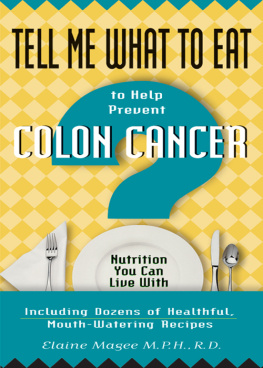
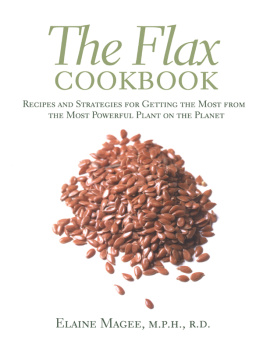
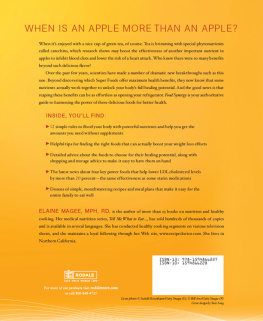

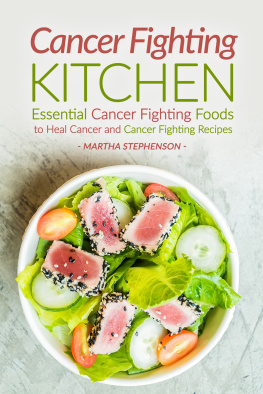
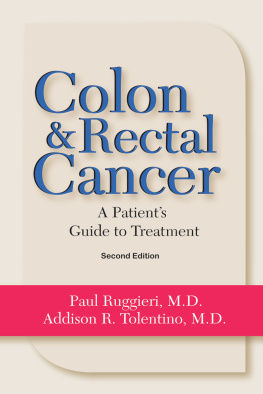
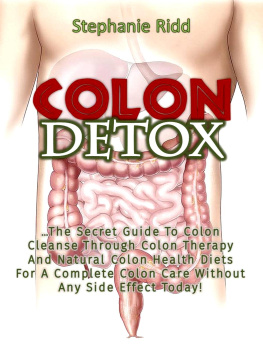
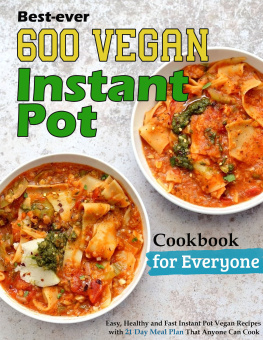
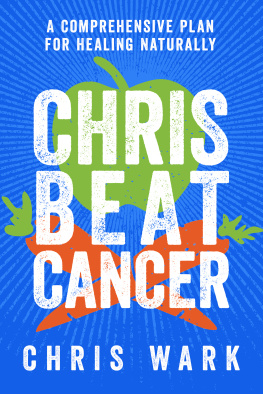
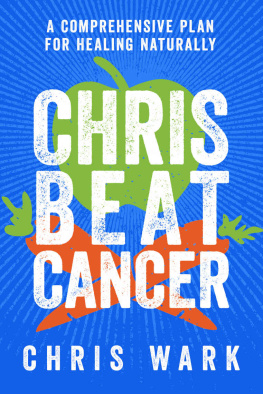



 Contents
Contents What exactly is a colon and what's this word I keep hearing...colorectal?
What exactly is a colon and what's this word I keep hearing...colorectal?